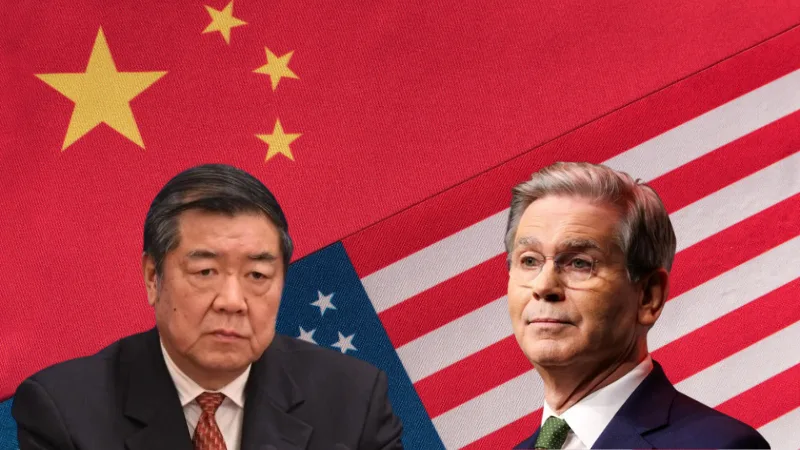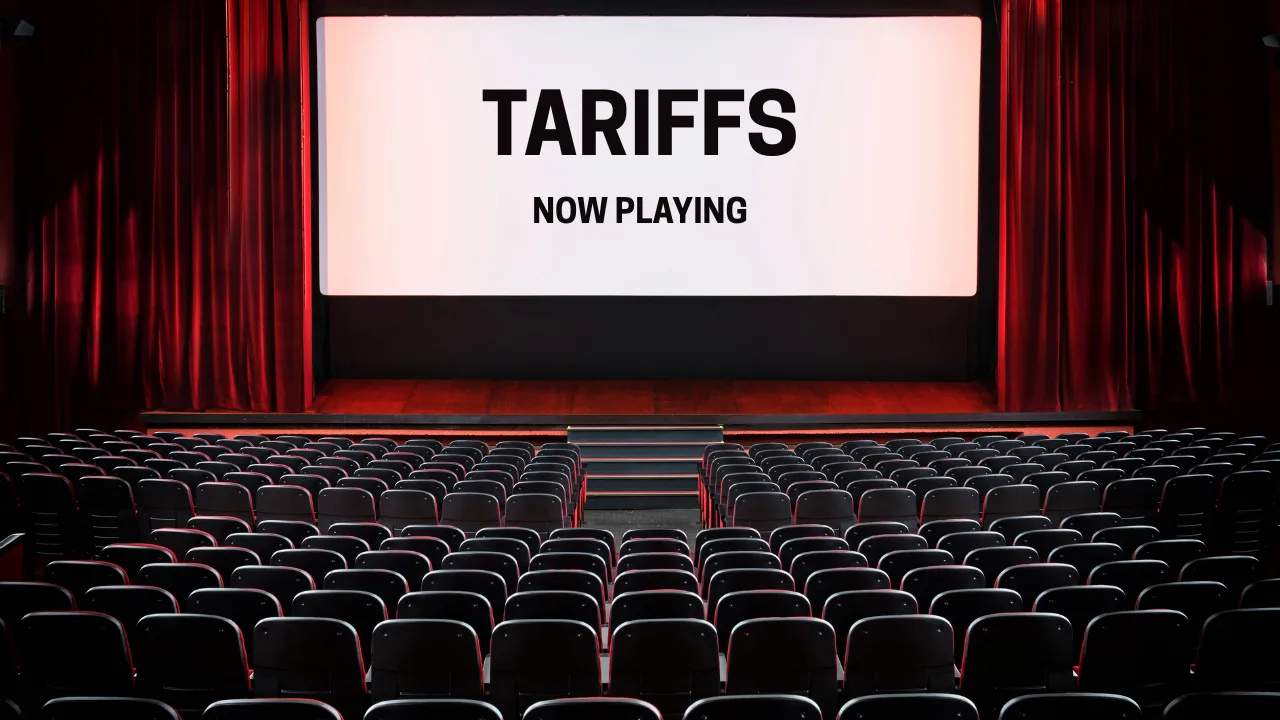This weekend, Geneva becomes the epicenter of global economic diplomacy as the United States and China convene for critical trade negotiations. The talks aim to address the escalating tariff war that has disrupted global supply chains and strained both economies. With tariffs reaching unprecedented levels—145% on Chinese imports into the U.S. and 125% on U.S. goods entering China—the stakes couldn’t be higher.
The Stakes: Economic and Political Ramifications
The ongoing trade war has led to significant economic repercussions:
- U.S. Economy: American consumers and businesses are grappling with increased costs. Retailers, in particular, are feeling the pinch, with some CEOs warning of visible price hikes and product shortages. The toy industry, heavily reliant on Chinese manufacturing, has been notably affected, with shipments being warehoused until tariff decisions are confirmed.
- Chinese Economy: China’s exports to the U.S. have plummeted by over 20%, prompting concerns about job losses and economic slowdown. Analysts have downgraded China’s 2025 economic growth forecast, with Nomura warning the trade war could cost China up to 16 million jobs.
Beyond economics, the talks carry significant political weight. Both nations are under pressure to demonstrate strength without further escalating tensions. The outcome could redefine global trade norms and influence geopolitical alliances.
Possible Scenarios: Outcomes of the Geneva Talks
1. Modest Tariff Reductions:
The most optimistic yet realistic outcome is a mutual agreement to reduce tariffs to more manageable levels. The U.S. is considering lowering tariffs on Chinese imports from 145% to between 50% and 54%, while China may reciprocate with similar reductions. New York Post
2. Prolonged Negotiations:
Given the deep-seated mistrust and differing economic philosophies, the talks may serve as a preliminary engagement, setting the stage for more comprehensive negotiations in the future. Analysts caution that significant policy shifts will likely require further high-level discussions and compromises.
3. Stalemate:
If both sides remain entrenched in their positions, the talks could end without any agreement, prolonging the trade war and exacerbating economic uncertainties.
Expectations from Commentators and Experts
Experts urge caution regarding the potential outcomes of the Geneva talks:
- Wendy Cutler, Vice President of the Asia Society Policy Institute, emphasizes the complexity of de-escalating trade tensions: “De-escalating won’t be simple. It’s much easier to ratchet up restrictions versus lifting them.” Radio Free Asia
- Zichun Huang, an economist at Capital Economics, warns that China’s export growth could turn negative later this year, with exports to the U.S. set for further declines over the coming months.
- Scott Kennedy, a China expert at the Center for Strategic and International Studies, notes the delicate balance both nations must maintain: “Both sides I think are balancing trying to look tough with not wanting to be responsible for sinking the global economy.” Reuters
These perspectives highlight the challenges ahead and the importance of measured, strategic negotiations.
A Critical Juncture
The Geneva talks represent a critical juncture in U.S.-China relations and global economic stability. While immediate breakthroughs are unlikely, the willingness of both parties to engage in dialogue is a positive step. The world watches closely, hopeful that these discussions will pave the way for a resolution to the ongoing trade tensions.




